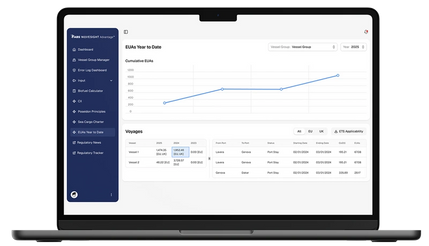Investing in Unsustainable EU Fishing is Risky
Recent changes to EU fishing and seafood legislation means that the financing of fishing operations reliant on overexploited stocks, or the use of destructive or unselective methods will prove a high risk to investors, Greenpeace warned today.
The newly published Greenpeace briefing “Risky Business - Why Smart Investors Must Avoid Unsustainable Seafood Operations” outlines how a culture of overfishing, combined with sweeping changes in the European Union’s Common Fisheries Policy (CFP), the Common Market Regulation and the European Maritime and Fisheries Fund (EMFF) may radically affect both the profitability of fishing companies, and the seafood market in general.
“Thanks to the reformed EU Common Fisheries Policy regime, which encourages Europe’s fishing community to shift towards environmentally sustainable methods and to embrace practices that bring positive social impacts, opportunities are narrowing for Europe’s industrial fishing operators, for example Sapmer, Inpesca S.A and Albacora S.A., who have spent decades profiting from destructive fishing practices, weak fisheries policies, large subsidies and financial investment”, said Greenpeace Common Fisheries Policy Coordinator Nina Thuellen.
“Smart investors should take note of these changes, and start moving their money towards brighter financial prospects, and a better future for oceans and fish stocks“, continued Thuellen.
The new CFP requires that fishing opportunities be reduced for overfished stocks, and a ‘no-discards’ policy will be observed, making unselective fishing operations more costly. In addition, fishing capacity will need to be reduced and higher sustainability standards will also be applied to EU fishing vessels operating outside EU waters.
Alternative opportunities are highlighted in the briefing, such as investment in selective, low-impact fishing operations – like hand line and pole and line fisheries, which should benefit from greater access to fishing opportunities under the new CFP. The new rules foresee that access to fishing opportunities will be reorganised, moving to a system that is performance-based and incentivises low-impact fishing.
“With this new regulatory reality for Europe’s fishing industry in place, the finance and banking sector have a real chance to become agents of positive change within the fishing industry. The most clued-in investors will see the common sense in transferring their funding towards low-impact, sustainable fisheries businesses that ensure healthy oceans and healthy fisheries”, concluded Thuellen.










